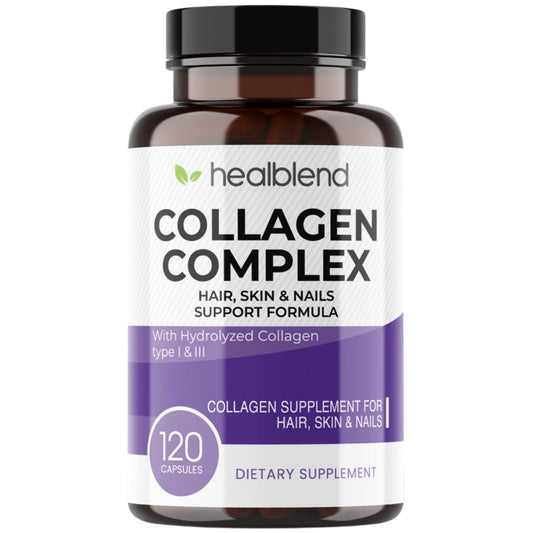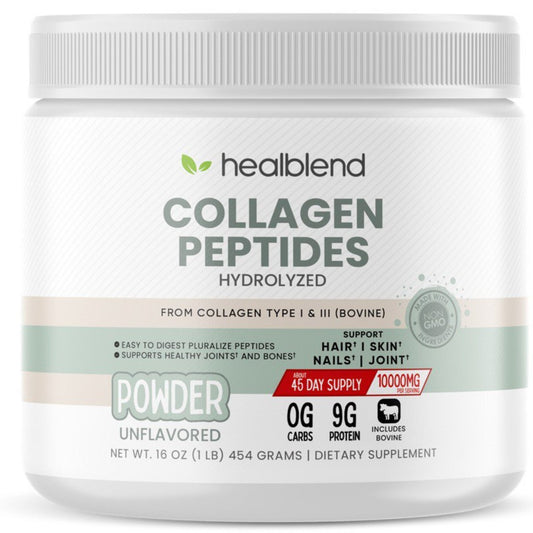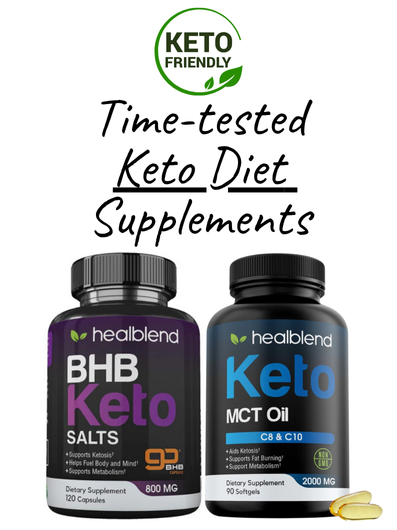2 products
View:
-
Collagen Complex - 3000 mg. Type I & III
Regular price From $18.95Regular price $21.90 Sale price From $18.95Unit price per -
Collagen Peptides Powder, Hydrolyzed Collagen Powder Types I & III Non-GMO, Grass-Fed, Gluten-Free, Multi Collagen Protein Powder 1 lb
Regular price From $21.95Regular price $26.90 Sale price From $21.95Unit price per



